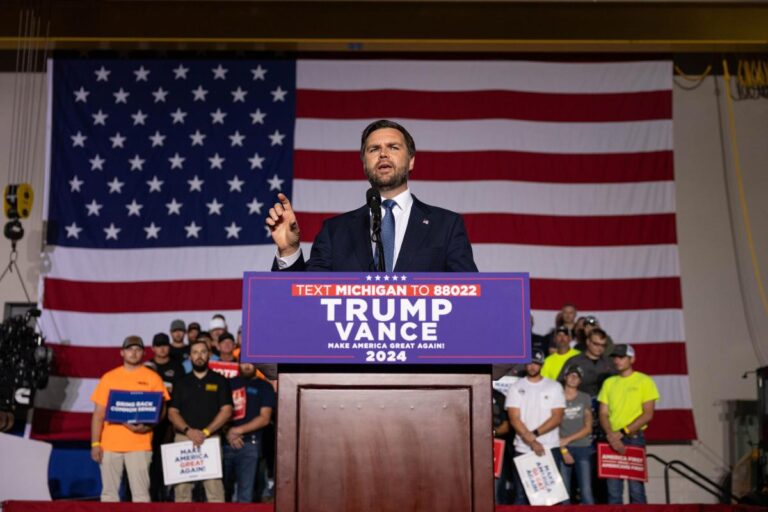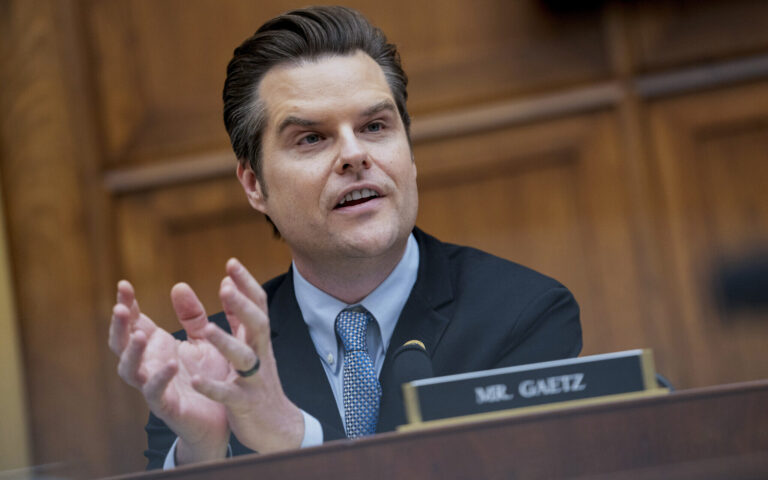Why Walz Doesn’t Represent My Midwestern Values
Understanding Midwestern Values: A Personal Reflection on Walz
When it comes to politics, particularly in a region steeped in tradition and values, it’s not uncommon for individuals to feel disconnected from their representatives. For many Minnesotans, this sense of disconnection is particularly palpable when it comes to Governor Tim Walz. His policies, speeches, and overall stance on issues evoke strong feelings that often challenge what we consider to be quintessential Midwestern values. So, let’s unpack this sentiment together, shall we?
What Are Midwestern Values?
Before diving into why some feel Walz doesn’t encapsulate Midwestern values, let’s clarify what those values typically include. Midwestern values are often described as:
- Community-centric: A place where people look after each other.
- Pragmatic value: A belief in practical solutions over lofty ideals.
- Work ethic: A strong dedication to hard work, often passed down through generations.
- Respectfulness: Genuine kindness and politeness are staples of Midwest interactions.
- Conservative fiscal policies: A tendency to support financial prudence and responsibility.
- Family-oriented: The importance of family bonds and local relationships.
At its heart, being a Midwesterner often means you carry a sense of belonging to a hardworking community, where honesty and integrity matter. But how does Governor Walz stack up against these ideals?
The Disconnect with Walz
To some, Governor Walz represents a departure from these traditional Midwestern principles. Let’s break down some of these areas of contention.
Community vs. Government Intervention
One of the core tenets of Midwestern values is the emphasis on community. In our local towns, neighbors help neighbors without waiting for the government to step in. This sense of self-reliance is crucial. However, Governor Walz’s policies, especially during the COVID-19 pandemic, leaned heavily on government intervention. Lockdowns, mandates, and regulations left many feeling that the spirit of community was overshadowed by a top-down approach.
Isn’t it ironic? In an area famed for its neighborly assistance, it felt as if the hand of government was pushing everyone away from each other. This led many to question whether Walz understands the inherent strength of community that should be empowered, rather than regulated.
Pragmatism vs. Ideals
Midwesterners tend to favor practical, no-nonsense solutions that resonate with real-life experiences. The practicality of “let’s fix it together” often clashes with a more idealistic approach that sometimes prioritizes theoretical frameworks over tangible results. With Walz, many have expressed concerns about whether his policies focus more on what sounds good on paper rather than what works in reality.
Consider the ongoing debates surrounding education policy under his leadership. Many parents are seeing a lack of actionable solutions to pressing problems within their school districts. Instead of addressing immediate concerns, discussions often float towards broader educational philosophies. This raises an important question: Are we losing our practical edge in favor of lofty ideals?
Work Ethic in the Balance
Midwesterners are known for their grit and determination—qualities that resonate deeply as we wake before dawn to ensure the farm is running smoothly or put in a hard day’s work at a local factory. But when we turn to our leaders, we hope to see that same unwavering dedication reflected back at us.
Governor Walz has faced criticism for perceived failures in responding to the state’s needs, especially during crises. His approach has sometimes felt lackluster, as many people believe he didn’t hustle as hard as he could have to protect jobs and livelihoods—true Midwestern priorities.
Fiscal Conservatism: A Critical Outlook
Fiscal responsibility is another cornerstone of Midwestern values. Faith in prudent financial management and an aversion to overspending is a common theme. Yet, throughout his term, Walz’s approach to budgeting and spending has raised eyebrows.
Critics argue that some of his fiscal policies resemble more extreme ends of the political spectrum, supporting expansive government programs that seem disconnected from the traditional values of responsible spending. For families who live paycheck to paycheck, this flashiness can feel extravagant, further widening the chasm between the values they hold dear and the policies being enacted.
Kindness vs. Division
Above all, Midwestern folks pride themselves on being kind-hearted and respectful individuals. We engage in conversations with empathy and look to bridge differences. However, Walz’s political rhetoric has, at times, led to feelings of division rather than unity.
When a leader’s words create more friction than comfort among communities, it’s easy to feel that they betray the very ideals that make our region special. Instead of focusing on what binds us, it can sometimes feel as if his leadership has stirred the pot, driving wedges between neighbors.
Bridging the Gap: What Can Be Done?
Now that we’ve navigated through some of these disconnects, it poses the question: how can we encourage our leadership to better embody Midwestern values? Here are a few thoughts:
-
Promote Open Dialogue: Engaging in honest discussions, free from political acrimony, can foster a sense of community. Town halls and forums can serve as valuable platforms for understanding various perspectives.
-
Local Solutions to Local Problems: Rather than waiting for state intervention, communities should take matters into their own hands more often. Finding local solutions encourages that spirit of neighborly assistance.
-
Value Practicality: Politicians should aim to craft policies that resonate deeply with the everyday challenges faced by families and workers. Practical measures should take precedence over theoretical blueprints.
-
Encourage Leadership Accountability: Constituents need to hold leaders accountable for their alignment with the very values they profess to uphold. Engaged and informed citizens can influence the course of political action.
-
Emphasize Unity Over Division: A call for more inclusive language and outreach is essential to building a community where everyone feels part of the conversation, rather than being polarized.
Conclusion
In wrapping this up, expressing dissatisfaction with a political figure like Governor Tim Walz doesn’t stem from a place of malice, but from a genuine desire to see our Midwestern values reflected in leadership. It’s about yearning for a representative who embodies community, hard work, practicality, and kindness—they’re the fibers that weave the fabric of our region. So together, let’s strive to foster dialogue that honors those ideals and holds our leaders accountable for embodying them.
Frequently Asked Questions
-
What are Midwestern values?
Midwestern values typically include community, hard work, respectfulness, fiscal prudence, and family orientation. -
Why do some people feel disconnected from Governor Walz?
Many believe Walz’s policies and rhetoric do not align with traditional Midwestern values such as community reliance and fiscal conservatism. -
How can communities bridge the gap with leadership?
Engaging in open dialogue, promoting local solutions, emphasizing practicality, and holding leaders accountable are crucial steps.
-
What role does kindness play in Midwestern values?
Kindness and respect underpin interactions among Midwesterners, fostering a sense of community and belonging. -
Why is fiscal responsibility important in the Midwest?
Fiscal responsibility resonates with many Midwesterners who prioritize managing finances wisely, reflecting their hard-working ethos and values.







